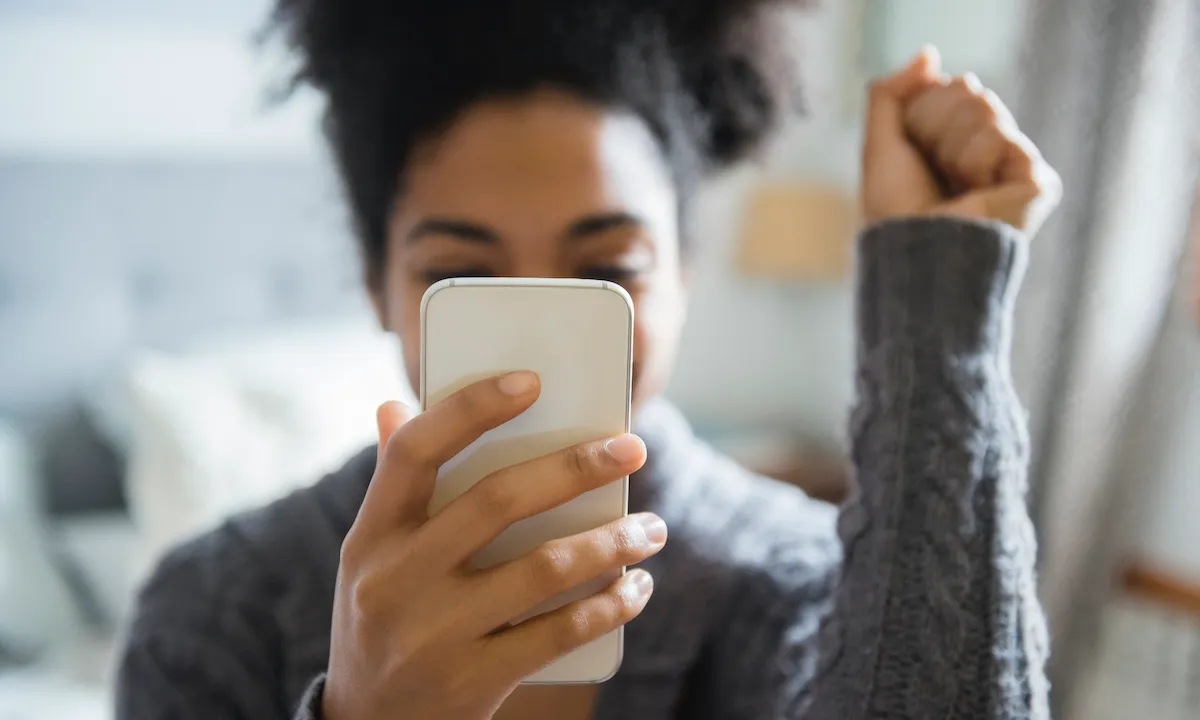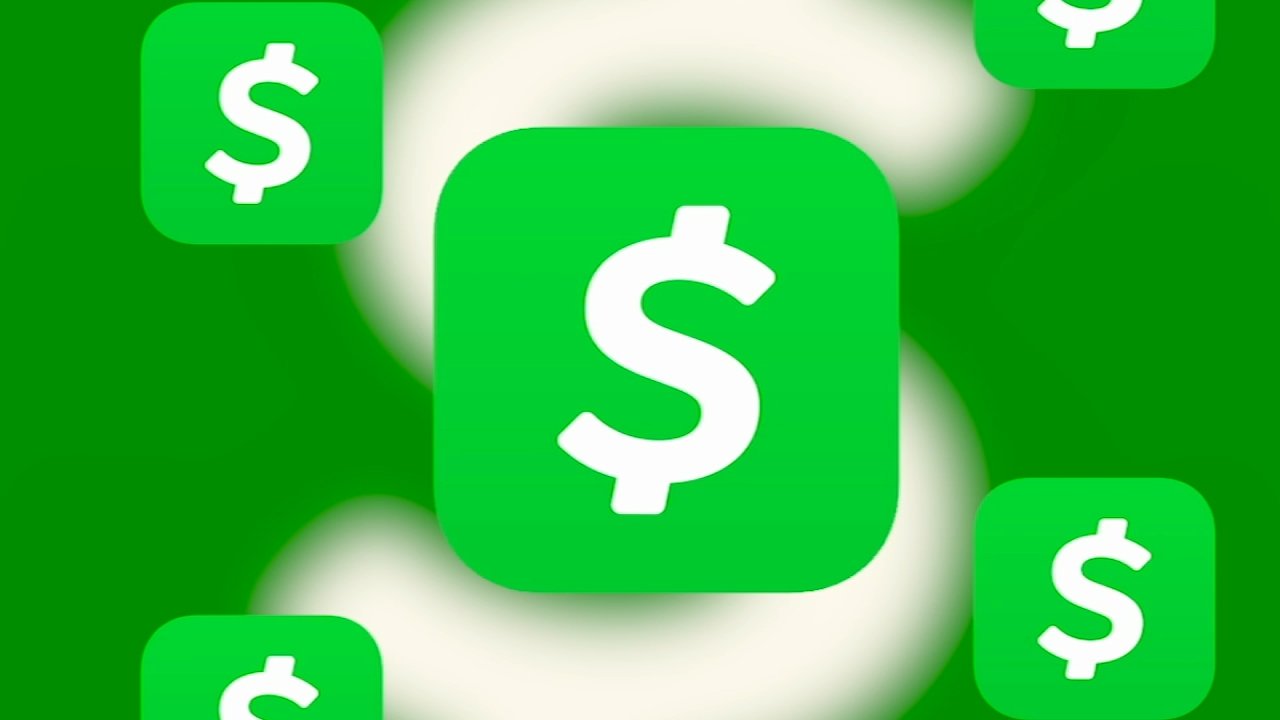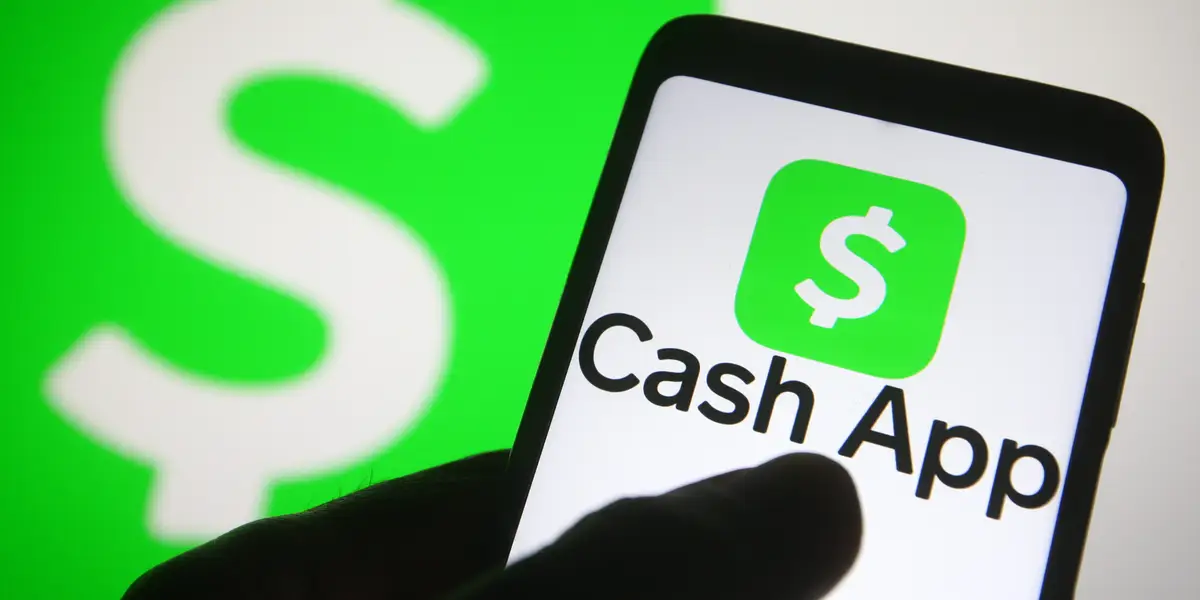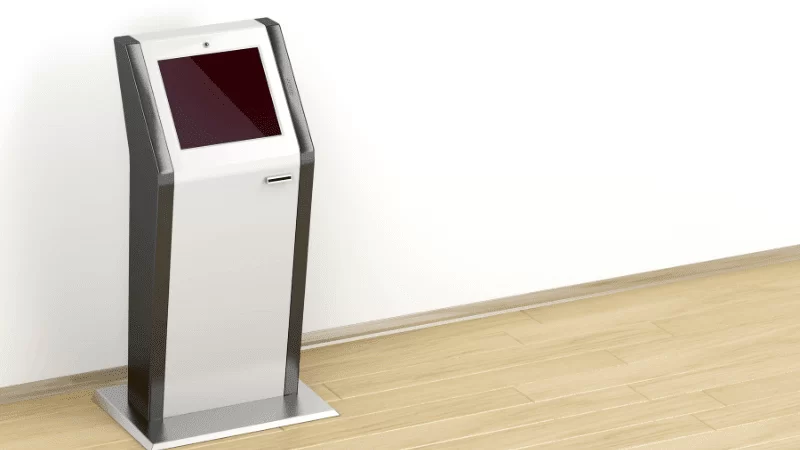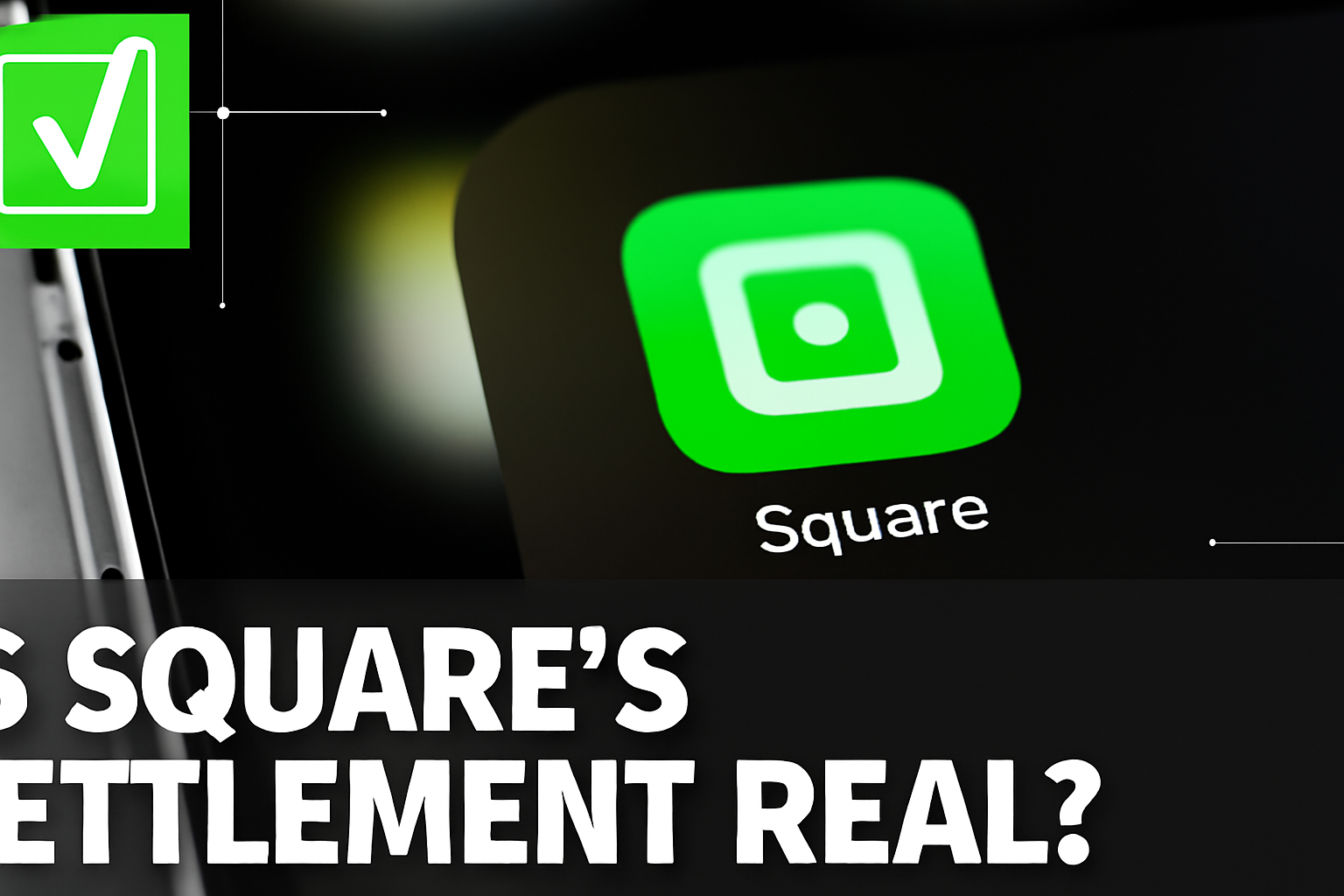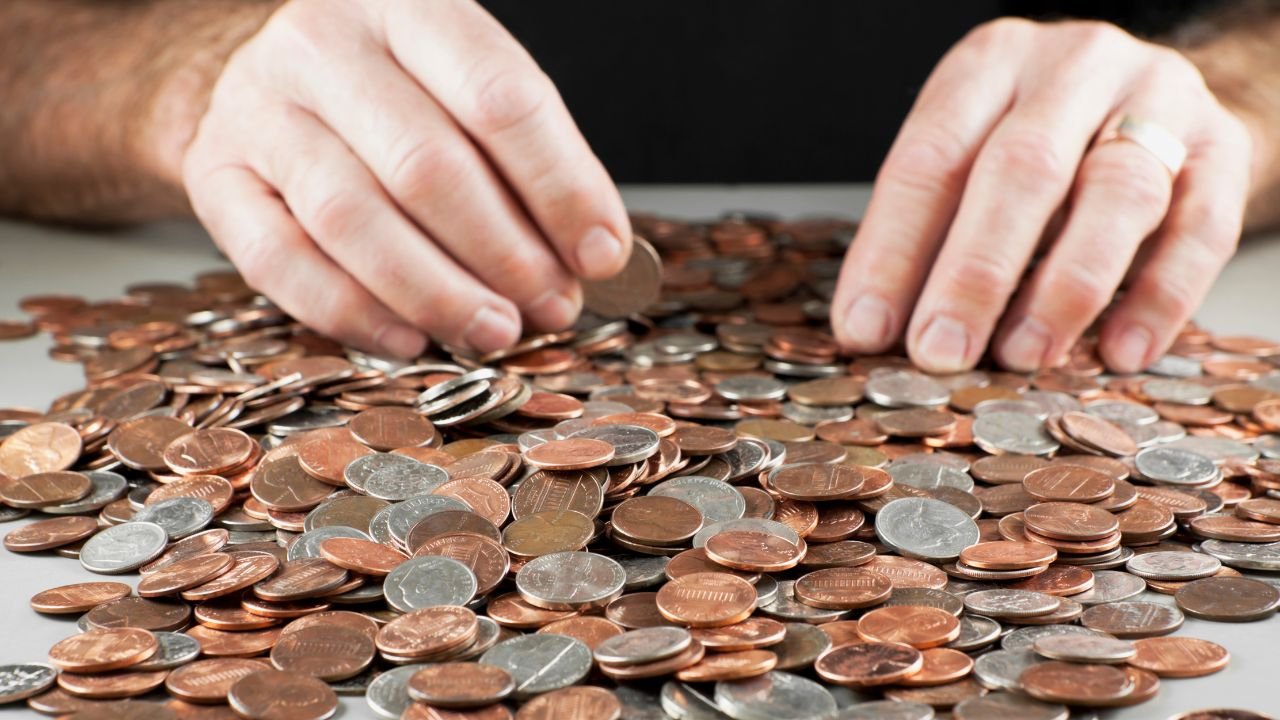
What to Do If a Random Person Sends You Money on Cash App
Cash App is a popular platform that allows users to send and receive money instantly, invest in stocks, buy Bitcoin, and enjoy discounts with the Cash Card and Cash App Pay. However, if you receive money from a random person, it might raise some red flags. How do you know if the transfer was a mistake or a scam, and how should you proceed in such a situation?
In this article, we’ll walk you through what to do if a random person sends you money on Cash App, the risks involved, how to protect yourself, how to report suspicious activity, and how Cash App handles these types of incidents.
Key Points:
If you receive unexpected money from a random person on Cash App:
- Verify the sender and their transaction details.
- Communicate with the sender and ask about the transfer.
- Refund the money through Cash App if it was sent by mistake.
- Contact Cash App support if you’re uncertain or if there’s any suspicion.
- Report any fraudulent activity immediately.
Understanding the Situation

There are several reasons why someone might send you money unexpectedly on Cash App. Here’s a breakdown of the possible scenarios:
- Mistaken Transfer: The sender could have mistakenly entered your phone number, email, or $Cashtag when trying to send money to someone else.
- Confusion: They may have confused you with another person who has a similar name or profile picture.
- Scam or Fraud: Occasionally, scammers may send money to lure you into a scam. They might attempt to get you to send money elsewhere, share personal details, or participate in illegal schemes.
Some common types of scams linked to unexpected transactions on Cash App include:
- Fake Refund Requests: The scammer claims they sent money by mistake and asks you to return it via another service or account.
- Impersonation: The scammer may pose as a Cash App representative, requesting sensitive information such as your account details, PIN, or social security number.
- Offer Scams: The scammer might promise you more money in exchange for a small payment, gift card, or fee.
It’s critical to exercise caution when dealing with random transactions to avoid scams, losing money, or having your account compromised.
Immediate Steps to Take When a Random Person Sends You Money on Cash App
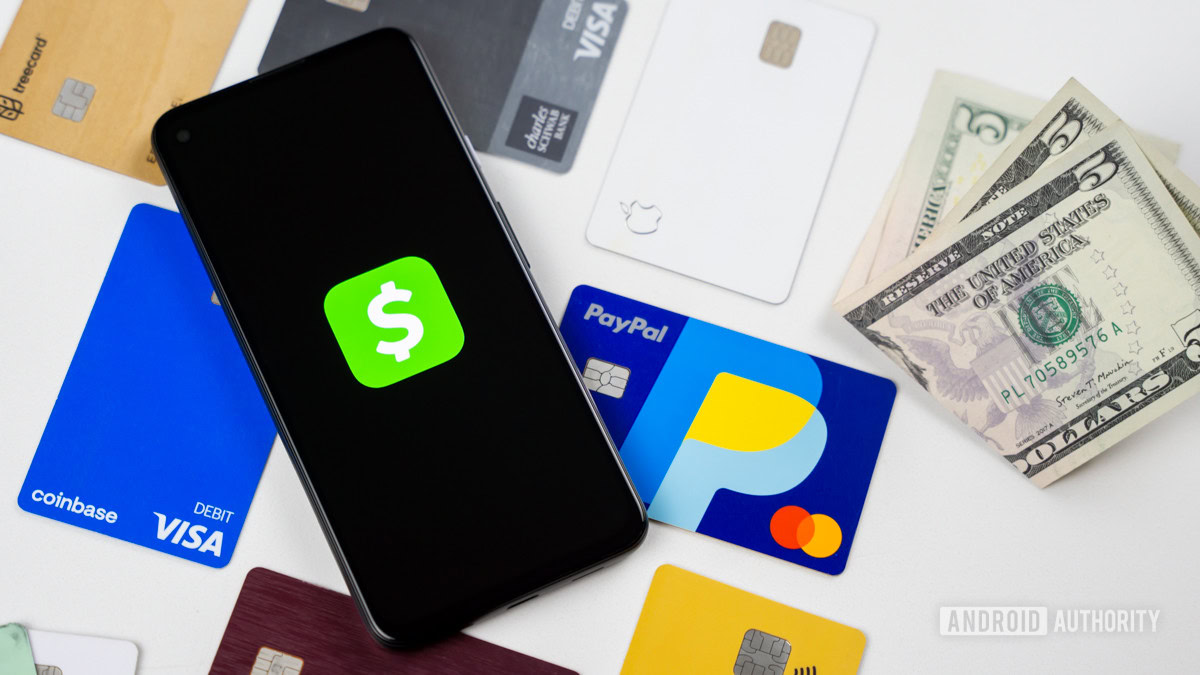
If you receive money from someone you don’t recognize, here are the immediate actions you should take:
1. Check the Sender’s Profile

- Tap the sender’s name or profile picture to view their $Cashtag, phone number, email, and transaction history.
- If their profile looks suspicious (e.g., no profile picture, no transaction history, or a generic name), do not accept the money just yet.
- Consider using external tools like Google or LinkedIn to verify the sender’s identity.
2. Communicate with the Sender
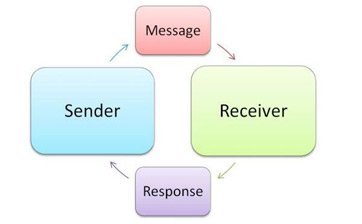
- Politely reach out to the sender using Cash App’s “Request” feature or contact them by phone if their number is listed.
- Ask them:
- Who are they and how did they get your contact information?
- Who was the payment intended for?
- Why did they send the money and how much?
- How would they like you to handle this?
3. Watch for Red Flags

- If the sender exhibits any suspicious behavior, such as asking you to send the money elsewhere or requesting a fee or gift card, stop communication and report it to Cash App.
- Additional red flags include:
- Pressure to act quickly.
- Threats of legal consequences if you don’t comply.
- Claims to be from Cash App support, asking for personal or financial details.
4. Refund the Money if It Was a Mistake
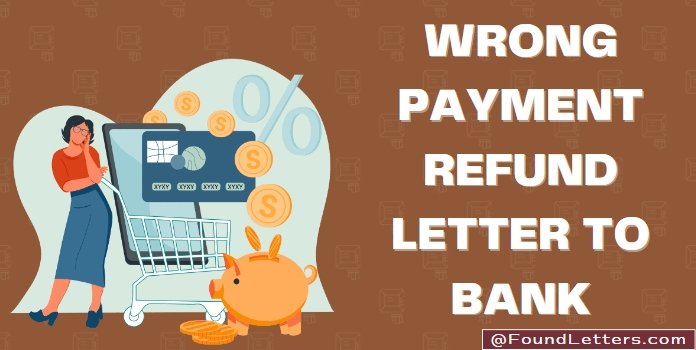
- If the sender confirms it was an accidental transfer, you can easily refund the money within Cash App:
- Go to the Activity tab.
- Select the payment.
- Tap Refund and confirm.
5. Contact Cash App Support

- If you’re uncertain about the situation or if the sender refuses to clarify, contact Cash App support for guidance.
- Through the app: Tap your profile icon > Cash Support > Something Else > Select your issue > Contact Support.
- By Phone: Call Cash App at 1 (800) 969-1940 (Remember: Cash App will never ask for your PIN, social security number, or other sensitive info over the phone).
Protecting Yourself from Scams

Receiving money from a random person on Cash App can sometimes be a scam attempt. Protect yourself by following these tips:
1. Be Cautious of Unknown Senders

- Only accept payments from people you know and trust.
- Always verify the identity of anyone who sends you money before accepting it.
2. Never Share Personal Information

- Never share your Cash App login code, PIN, social security number, or bank account details over any platform (phone, text, or email).
3. Refund Only Through Cash App
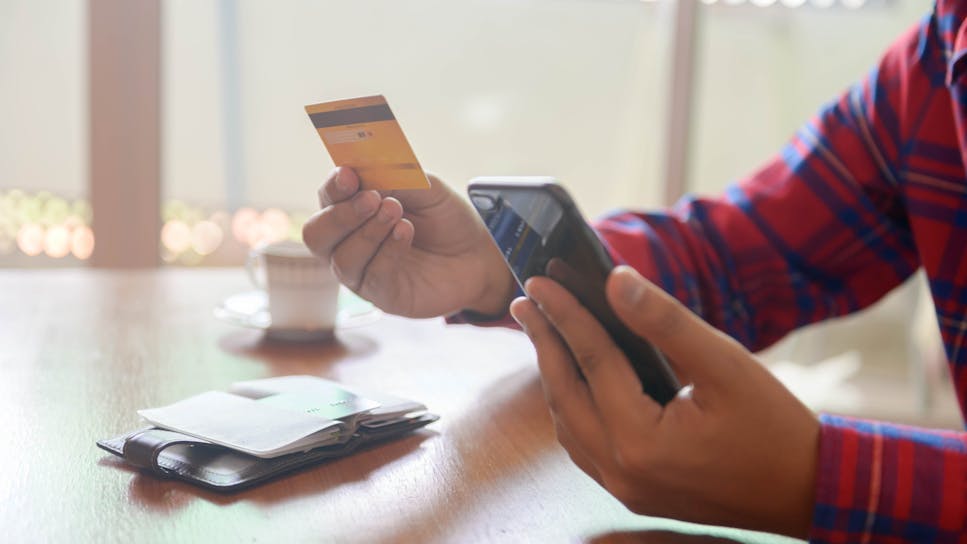
- Always refund accidental payments via Cash App’s built-in features. Never use third-party services to send money back.
4. Stay Aware of Common Scams

- Phishing: Scammers might send fake emails or texts pretending to be from Cash App, trying to trick you into revealing login details.
- Flipping: Scammers might promise to double your money, asking for a small upfront payment that disappears once sent.
- Impersonation: Scammers pretend to be friends, family members, or celebrities, asking for money for fake emergencies or investments.
5. Report Suspicious Activity
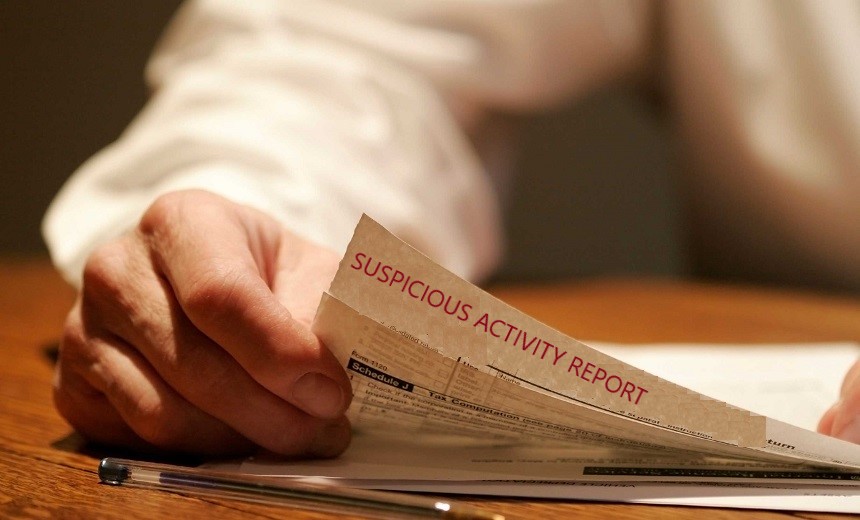
- Report any suspicious profiles or activities through Cash App’s support. Always remain vigilant and avoid offers that seem too good to be true.
How to Report Fraudulent Activities
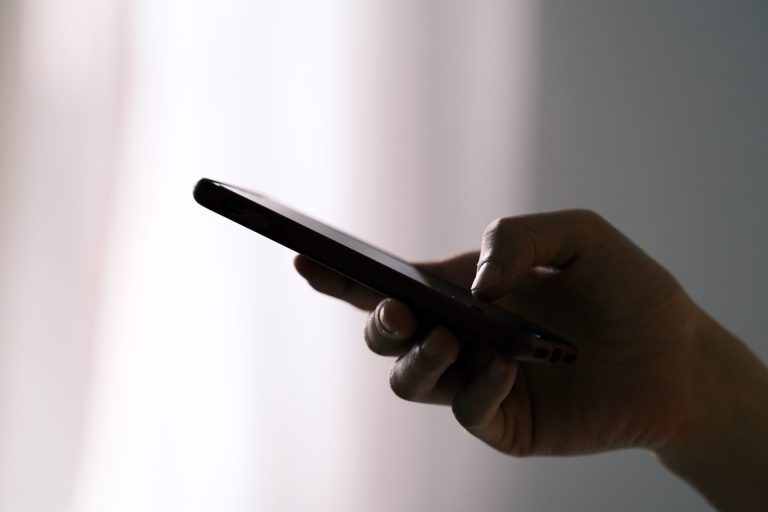
If you suspect that you’ve been scammed or that someone is using your identity, take the following actions immediately:
1. Report to Cash App

- Follow the steps to report fraud through the app or website.
- Contact Cash App support at 1 (800) 969-1940 or email them at cash@square.com with all details of the incident.
2. File a Police Report

- If the scam is severe, contact your local law enforcement and provide evidence like screenshots, messages, and transaction details.
3. File Complaints with Federal Agencies

- FTC: Report fraud to the Federal Trade Commission at www.ftc.gov.
- CFPB: File complaints with the Consumer Financial Protection Bureau at www.consumerfinance.gov.
4. Contact Your Bank or Card Issuer

- Notify your bank or card issuer about any unauthorized activity on your linked accounts. They can help you reverse charges or freeze accounts.
How Cash App Handles Scams and Fraudulent Activities
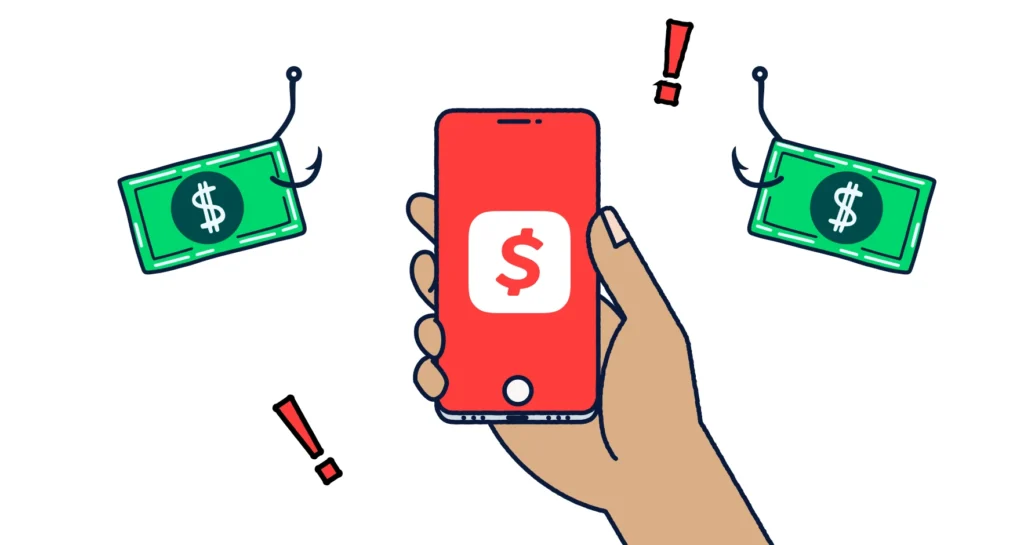
Cash App takes security very seriously and has built-in safeguards to prevent scams. Here’s what Cash App does:
- Customer Support: Cash App provides 24/7 customer support through the app, website, and phone.
- Account Verification: Cash App verifies user identities using a variety of methods to reduce fraud.
- Secure Transactions: Cash App uses encryption and other security features to keep your information safe.
- Collaboration with Law Enforcement: Cash App cooperates with authorities and regulators to investigate and resolve scam-related incidents.
Final Thoughts
Receiving money from a random person on Cash App can seem suspicious, but by following the steps outlined here, you can safely navigate the situation. Always verify the sender, be cautious, and protect your personal information. If you suspect fraud, report it immediately to Cash App support.
By staying alert and using Cash App’s security features, you can continue using the platform with confidence and peace of mind.
FAQs
How long does it take to get my money back if I’m scammed?
- Canceling a Pending Payment: Instant.
- Refund from Cash App: Up to 10 business days.
- Disputing a Charge with Your Bank: Typically 30–90 days.
- Legal Action: Depends on the case.
What should I do if I accidentally send money to the wrong person?
- Request a Refund: If the wrong person receives the money, you can request a refund through Cash App. However, the success of the refund depends on their willingness to return the funds.
Stay safe and always communicate through Cash App’s official channels to avoid falling victim to scams.
